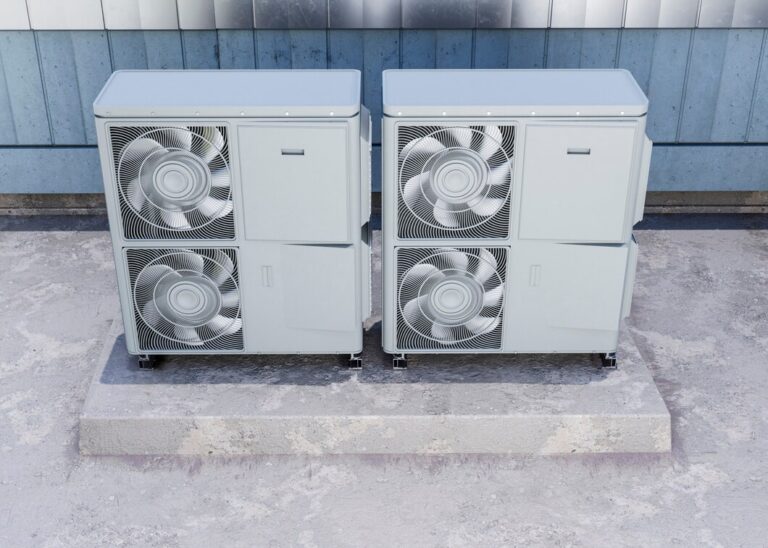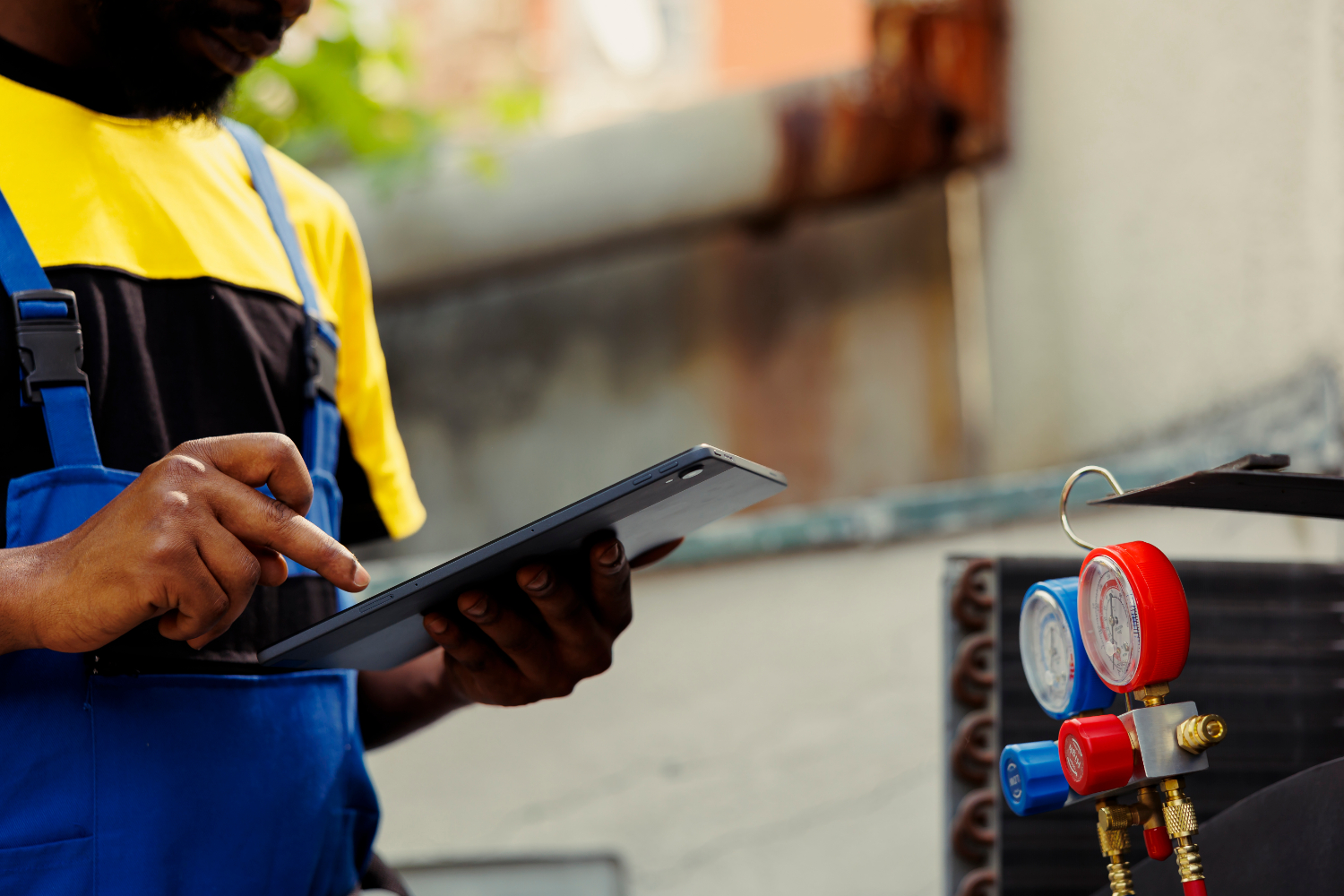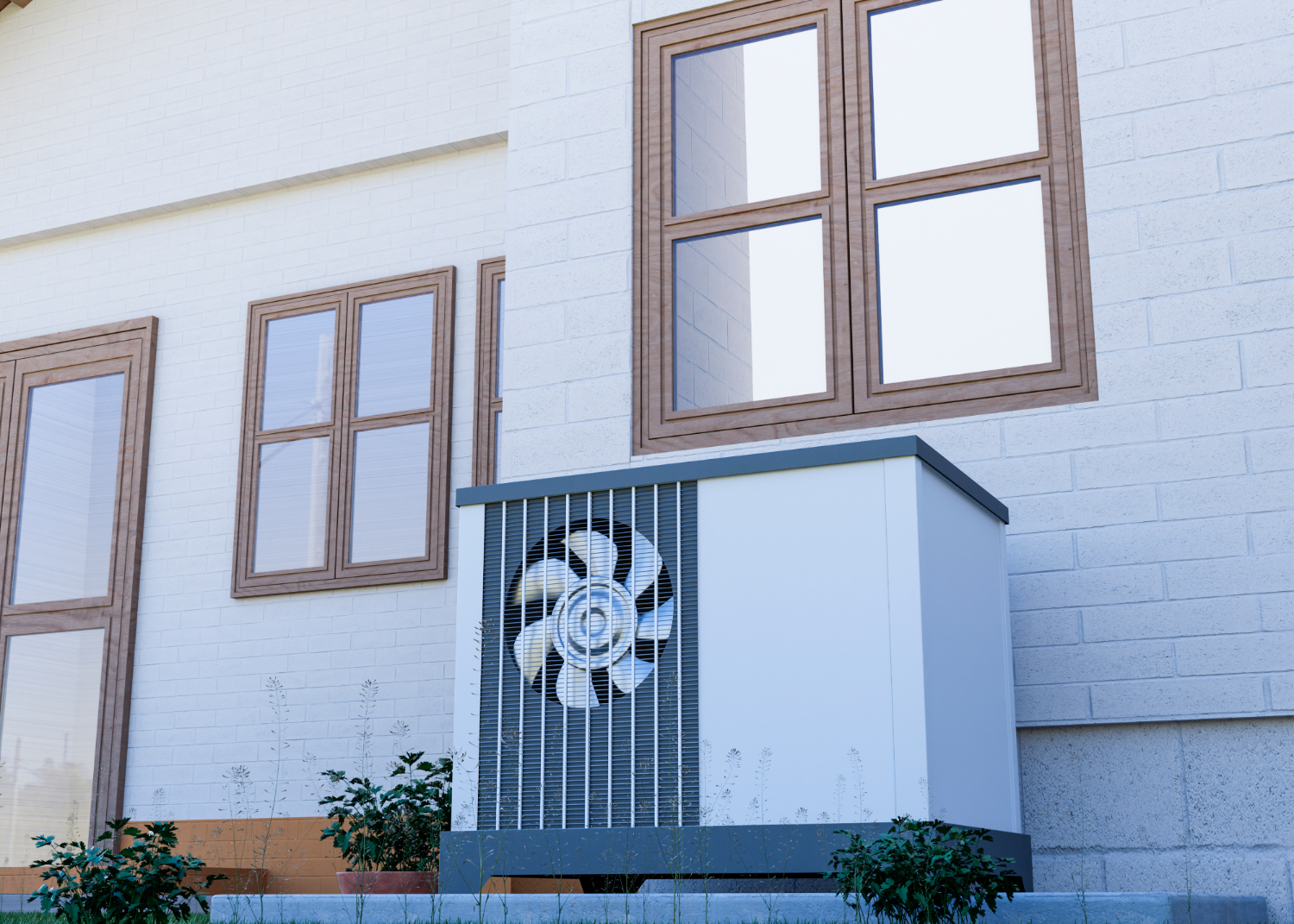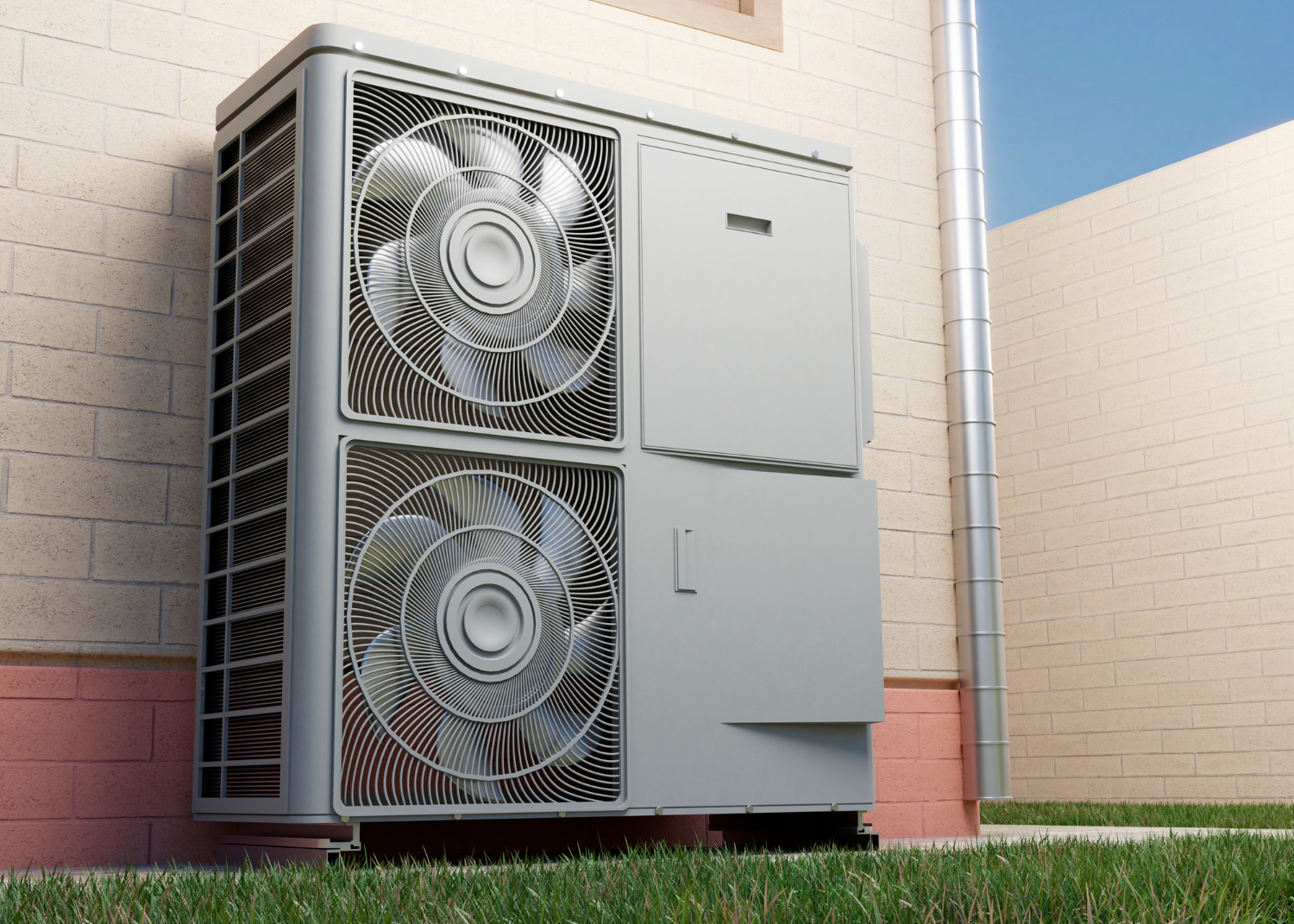Heat pumps are crucial for maintaining a comfortable home environment by providing both heating and cooling. However, like any mechanical system, they are prone to failure. Understanding common causes of heat pump issues can help you identify problems early and seek necessary repairs.
Understanding How Heat Pumps Work
Heat pumps are versatile devices that provide both heating and cooling for homes. They work by transferring heat from one place to another instead of generating heat directly. During the winter, a heat pump extracts heat from outside air and transfers it indoors. Conversely, in the summer, it removes heat from indoor air and transfers it outside.
The primary components of a heat pump include the evaporator, compressor, condenser, and expansion valve. The evaporator absorbs heat from the air, the compressor increases the refrigerant pressure and temperature, the condenser releases the absorbed heat, and the expansion valve regulates the refrigerant flow.
Understanding how these components work together helps identify potential issues and determine the appropriate heat pump repair solutions. Regular maintenance ensures that all parts function optimally, making your heat pump efficient and reliable.
Common Mechanical Failures in Heat Pumps
Mechanical failures in heat pumps can disrupt their operation and lead to the need for heat pump repair. Some common mechanical failures include:
1. Compressor Issues: The compressor is essential for increasing the refrigerant pressure and circulating it through the system. Common issues include overheating, electrical failures, and refrigerant leaks. A faulty compressor can prevent the heat pump from achieving the desired temperature.
2. Fan Motor Failures: The fan motor is responsible for circulating air through the evaporator and condenser coils. Problems with the fan motor can hinder airflow, leading to inefficient heating or cooling. This may result in strange noises or a complete system shutdown.
3. Refrigerant Leaks: Refrigerant leaks can significantly impact the efficiency of a heat pump. Low refrigerant levels can lead to decreased heating or cooling capacity and cause the compressor to overheat. Identifying and repairing leaks promptly is essential for maintaining system performance.
4. Electrical Problems: Electrical components such as capacitors, relays, and wiring can fail over time. Electrical issues may prevent the heat pump from starting, cause intermittent operation, or result in complete system failure.
Addressing these mechanical failures requires the expertise of our professionals. Regular inspections and timely repairs can prevent minor issues from becoming major problems, ensuring the longevity and efficiency of your heat pump.
Environmental Factors Affecting Heat Pump Performance
Environmental factors can significantly impact the efficiency and performance of heat pumps. Understanding these factors can help in identifying potential problems and taking preventive measures.
1. Extreme Weather Conditions: Heat pumps can struggle to operate efficiently in extremely cold or hot temperatures. In cold weather, the heat pump must work harder to extract heat from the outside air, which can lead to increased energy consumption and wear on the system. Similarly, during hot weather, the heat pump may overstrain while trying to expel indoor heat.
2. Debris and Obstructions: Outdoor units are exposed to various elements like leaves, dirt, and other debris. If these accumulate around the unit, they can obstruct airflow, causing the heat pump to work inefficiently or even overheat. Regularly cleaning the area around the outdoor unit is vital for optimal performance.
3. Humidity Levels: High humidity levels can affect the heat pump’s ability to cool effectively. Excessive moisture in the air makes it difficult for the heat pump to maintain a comfortable indoor environment. Proper ventilation and dehumidification systems can help manage humidity levels.
4. Electrical Supply Issues: Inconsistent or unstable electrical supply can lead to performance issues. Voltage fluctuations can damage electrical components, affecting the heat pump’s efficiency. Ensuring a stable and reliable power source can prevent such problems.
Recognizing how these environmental factors impact your heat pump can guide regular maintenance efforts and help in scheduling professional inspections to keep the system running smoothly.
Importance of Professional Heat Pump Repair and Maintenance
Professional repair and maintenance play a crucial role in ensuring the efficient and reliable operation of heat pumps. Relying on our professionals for service can address issues before they escalate into significant problems, saving time and money in the long run.
1. Expert Diagnosis and Repair: Our professionals have the expertise and tools to accurately diagnose problems and perform necessary repairs. They can identify underlying issues that may not be apparent to the untrained eye, ensuring thorough and effective repairs.
2. Routine Maintenance: Regular maintenance conducted by our technicians helps in keeping the system in optimal condition. This includes tasks such as cleaning coils, checking refrigerant levels, and inspecting electrical connections. Routine maintenance can prolong the lifespan of your heat pump and improve its efficiency.
3. Preventive Measures: By scheduling regular inspections, professionals can spot potential problems early and address them before they become major issues. Preventive maintenance can help avoid unexpected breakdowns and ensure continuous, efficient operation.
4. Safety Assurance: Heat pumps involve complex electrical and mechanical systems. Professional technicians follow strict safety protocols to perform repairs and maintenance safely, minimizing any risk to your household.
In summary, professional repair and maintenance services offer peace of mind by ensuring your heat pump operates efficiently and safely year-round.
Conclusion
Understanding the common causes of heat pump failures can help you take proactive steps in maintaining your system. Heat pumps are essential for providing year-round comfort, and addressing potential issues early can prevent costly repairs and ensure consistent performance. Regular maintenance and professional inspections are key to extending the life of your heat pump and keeping it functioning efficiently.
Environmental factors and mechanical failures can significantly impact the performance of heat pumps. Addressing these challenges promptly with the help of our professionals ensures your heat pump remains reliable. Whether it’s cleaning debris around the outdoor unit or performing detailed inspections, professional care is essential.
If you suspect any issues with your heat pump or want to schedule routine maintenance, contact Power Pro Plumbing Heating & Air. Our skilled technicians are ready to provide expert heat pump repair in Cerritos and Norwalk, CA, to keep your system running smoothly. Schedule an appointment with us today to ensure your home remains comfortable throughout the year.










